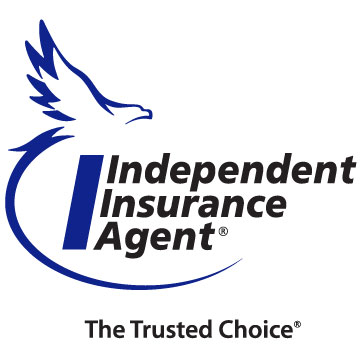Thinking About Getting Into the Hospitality Business?
Turn to us first for the tools in our 'Startup Kit'
Are you buying an already established business? Starting a new venture on your own from scratch? We can help. Most insurance companies won't take just any new ownership submission, even if the business being transferred is a proven success and you have managerial experience.
| What's In
Our Startup Kit? |
| Management Guide &
Evacuation Procedures |
| Responsible Selling
& Serving of Alcohol |
| Winning Workforce
Ideas |
| Restaurant Startup
Profile |
| Sample Proforma |
| Sample Financial
Statements |
| Startup Checklist,
beginning 12 months prior to opening |
| 6 month free
subscription to Restaurant Startup & Growth
Magazine |
| Alcohol Managment
Manual for Employees |
| Information on
Industry Associations and publications that
may be of interest |
| Sample Business Plan |
| Contact Us ASAP for these resources and other advice if you are about to start up or take over a hospitality business. |
Statistics show that just one in four new hospitality businesses last longer than three years. Why is the failure rate so high? Poor economy? Saturated markets? Lack of managerial experience? Probably a combination of all. But the businesses that succeed are the businesses that planned the best. If you do your homework, set realistic goals, and stick to them, your business is more likely to become a success story rather than a memory.
Nowadays, you need a plan, something that shows that you have a blueprint for how successful you can be and a timetable for that success.
Our sales staff can help you prepare all the paperwork, plans and financial documents that will convince an insurance company that you are a savvy businessperson, can and will be successful and that they should take the risk of insuring you and your new business venture. They can also assist you in deciding which types of coverage your venture will need and which it won't.
Our agency has put together a package of literature and resources of things you should consider before jumping into business. We hope our efforts to inform and educate you will lead you to running a more profitable, safer business from day one and help us forge a long, mutually beneficial relationship with you.
Contact us if you're about to jump into this business, and we'll help point you in the right direction.
Where to Begin
Several things, such as negotiating to lease or buy your premises, getting your startup capital and setting up shop, can be done in any order you desire. Here are the steps you should take as far as legally registering your business and applying for licenses go. Before securing a loan and renting a premises, you should at least check your eligibility for a local liquor license, but applying for and getting that license doesn't need to be done until the latter stages of your startup.
1. Register your corporation.
It's strongly recommended that you incorporate. Yes, it's more cost up front, but incorporating will protect you and your personal assets and get you better tax breaks on your business. We have instructions on how to set up a corporation here.
2. Get a Federal Tax Number.
An EIN (Employers Identification Number) is like a social security number for your business. You'll need this number for several things such as your workers compensation insurance to to file your sales taxes. Here's the link to the IRS webpage on getting an EIN.
3. Get your local liquor license.
By local, we refer to your city or county. In many smaller to mid-sized villages, towns and cities, the mayor is also the liquor control commissioner. Contact city hall about how to get a liquor license. In order to get the license, you'll likely need to show proof of insurance. We will provide you a Certificate of Insurance for your city or county, which shows that you are in the process of putting coverage in place. With this you can complete your application, write the check and get your local license.
4. Get your state liquor license.
Once you've been granted a license by your city, contact us again. With the city license you'll need a second Certificate of Insurance for your State's Liquor Control Commission. We can issue that to you and get your coverage going. With the state cert and your local license, you can apply for and get your State License. After that, you're ready to open for business.
Other Resources
There are plenty of business training and planning websites on the internet. Below are a few that have caught our attention in the past.
US Small Business Administration (www.sba.gov)
The Small Business Administration has links to more than 40 free, business-related online courses. Subjects cover many areas of managing a company, including finance and accounting, marketing and advertising, e-commerce, and international trade. The typical course is self-paced and requires about half an hour to complete. There's quite a bit other tools and resources available, especially if you have little to no business experience.
PlanWare (www.planware.org)
This site has tools and software to help you forecast your business' financial future, so that you can have accurate, realistic financial expectations for 3, 5 and 7 years out. Many of their tools are free or have periods of free trials.






